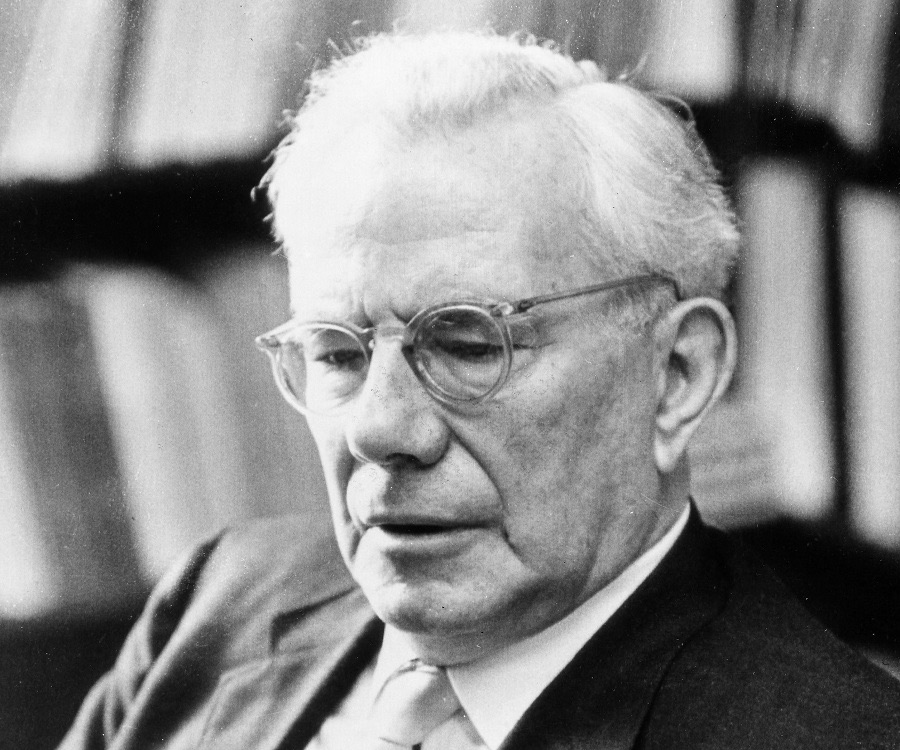蒂利希Paul Tillich: 文化神學 Theology Of Culture, p.164
二. 在教會學校中入門教育與人文主義元素 The Inducting And The Humanist Element In The Church School

蒂利希/田立克 Paul Tillich(1886-1965)
如果信仰的組成包括自身和對自身的懷疑,那麼信仰和人文主義所提出的根本問題並不相互矛盾。 教會學校在引導學生了解基督徒生活的象徵和現實的過程中,必須始終意識到基督信仰已經接受了人文主義原則,因為這信仰認同耶穌為普世話語(universal Logos)的基督,這普世話語就是一切事物的創造性結構。
Faith, and the radical question with which humanism starts, do not contradict each other if faith is seen as comprising itself and the doubt about itself. The Church School, on its way of inducting pupils into the symbols and realities of the Christian life, must remain aware of the fact that Christianity has accepted the humanistic principle by identifying Jesus as the Christ with the universal Logos, the creative structure of everything that is.
基督信仰包括人文主義和真理的根本問題,這即是人文主義的首要原則。 教會學校的入門教育可以而且必須包括人文主義教育的原則、問答的相關性、問題的激進性、及開放人的一切可能性,好能提供學生自由發展的機會。
Christianity includes humanism and the radical question of truth which is the first principle of humanism. The inducting education of the Church School can and must include the principle of humanist education, the correlation between question and answer, the radicalism of the question, the opening up of all human possibilities, and the providing of opportunities where the pupil may develop in freedom.
【文本來源:Paul Tillich: Theology Of Culture,1970. p.164】
